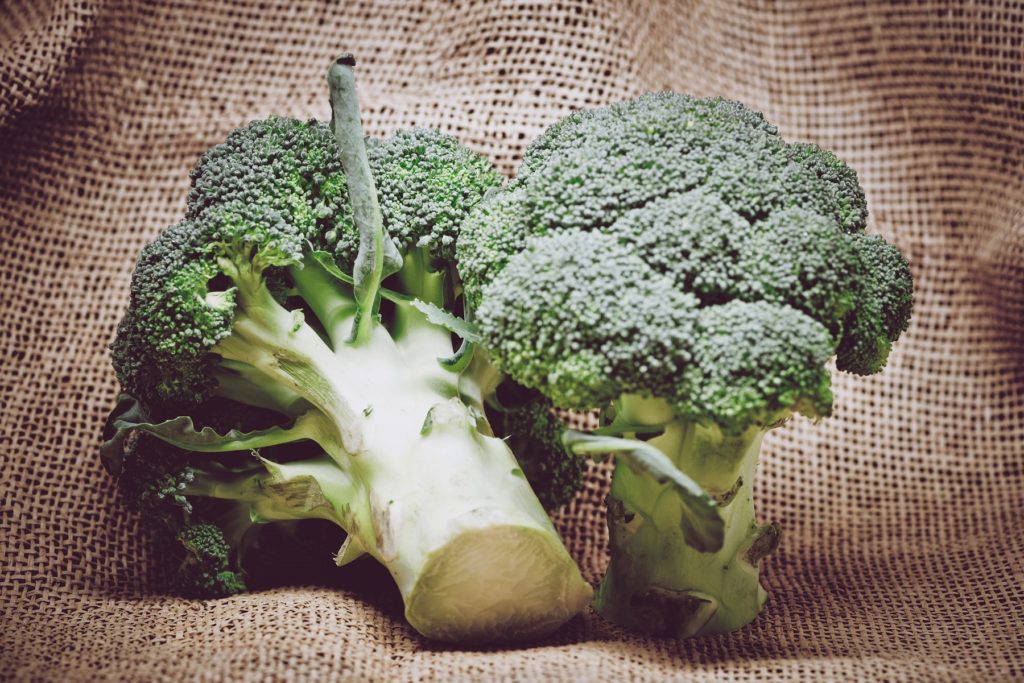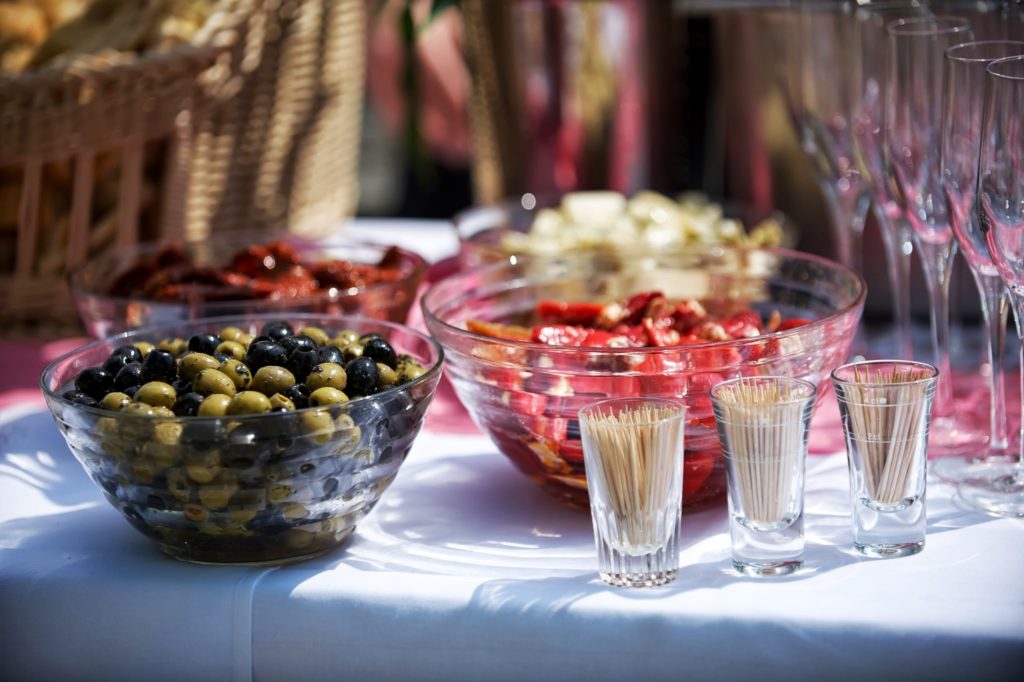Don’t let your tongue determine your health.
We spend time in the kitchen adding spices, sugars, and other combinations to meals in order to satisfy our taste buds.
But why is it that we give so much attention to a food’s flavor and not its quality?
Trust me, I love tasty sweets just as much as the next guy, but there is a deep-rooted question that we all must come to terms with: how much quality am I going to sacrifice to satisfy my tastes?
This is somewhat of a trick question. We don’t have to sacrifice “quality” tastes in order to have quality foods.
Taste buds are the little chemical receptors on our tongues that help our brains identify flavor. They allow us to enjoy the foods we eat, and they can also act to protect us from potentially harmful foods.
Some people have a stronger sense of one taste over another. For instance, bitter flavors are not as commonly tolerated when compared to sweets. The differences in our sense of tastes and preferences are often determined by our nature, nurture, and/or adaptation.

First, our genes MAY play a minor role in our acquired tastes. However, just because our taste preferences MAY be ingrained in our DNA, this doesn’t give us an excuse not to try new things!
Second, the more variety of foods we experience growing up (nurtured) can determine our taste preferences as an adult, whether positive or negative. The introduction of tastes can be remembered from childhood. These memories greatly direct us as an adult toward certain foods and flavors.
Ironically, we often let these little chemical receptors guide our health, energy, and healing.
Food is primarily for fuel, secondarily for healing, and tertiarily for enjoyment. We would do well not to forget the priorities here.
Lastly, our taste buds adapt to the environment. Much like kids adapt to the character of their parents, taste buds will adapt to whatever they’re being fed. If kids are fed good morals and behaviors, they’ll likely end up displaying the same as adults. However, if they’re fed bad examples, then we can expect they will likely set the same examples as adults (although this is obviously not always true).
Oddly enough, sweet flavors are more predominately favored in our society over any other. Why?
Our culture, and food companies, realize sweets are addictive. The sweeter a product is the more people will crave it. More cravings = more people buying. Plus, sweet flavors mask and tamper the undesired flavors of chemicals and other unnatural additives.
Our body is in constant need of high octane fuel and medicine. Food is medicine. Have you ever thought of food like that?
Our bodies must consistently fight off foreign invaders, heal tissue, secrete and restore hormones, make new cells, etc. all in an effort to stay healthy and alive. The quality of the food we intake determines the effectiveness our body has to heal itself.
Good quality food comes with unprocessed vitamins, minerals, phytochemicals, carbs, fats, and proteins. Combined, these elements are like a well-organized hospital or a strong defensive line.
Interesting fact:
Our taste buds regenerate every few weeks. As we get a new set of taste buds, we just might enjoy different flavors.
Taste buds do not control our health. WE do!
Though we may not like a food when we first try, keep trying.
Here is an experience of my own:
I love coffee. When I first began to drink it regularly, I would put a little coffee with my sugar and creamer. The bitter taste of coffee was not enjoyable to me. As I began to eat healthier, I knew I needed to reduce the sugar and creamer. So, I started weaning myself off sugar first. I kept reducing the amount of sugar until I left it out completely. Since most creamers have sugar in them, I was fine just adding flavored creamers. Next, I reduced creamer, little by little. After a few months, I was finally able to drink black coffee. My taste buds slowly adapted to the bitter flavor. Now, I enjoy black coffee.

And because of this adaptation, I began to tolerate other bitter flavors, like those in vegetables.
However, olives are a different story. Apparently, one of my ancestors was very adverse to olives, and it has been passed down to me. I have tried olives, of various types, on a number of occasions and to no avail. My taste buds have not adjusted in this matter. I will keep trying every now and then, but I will not go through a taste bud boot camp to force myself to enjoy olives like I did with coffee. The sugar and creamer I added to coffee is processed and needed to be deleted from my morning routine. Olives are not a necessity to healthy living, especially since I can easily eat olive oil. This is where discernment and priorities come into play.

What starts as a discipline leads to a delight.
We may not love the food/taste at first, but we can at least tolerate it and, over time, our taste buds will adapt. We might even grow to enjoy it! It is imperative we learn to love healthy food.

Very interesting info boss